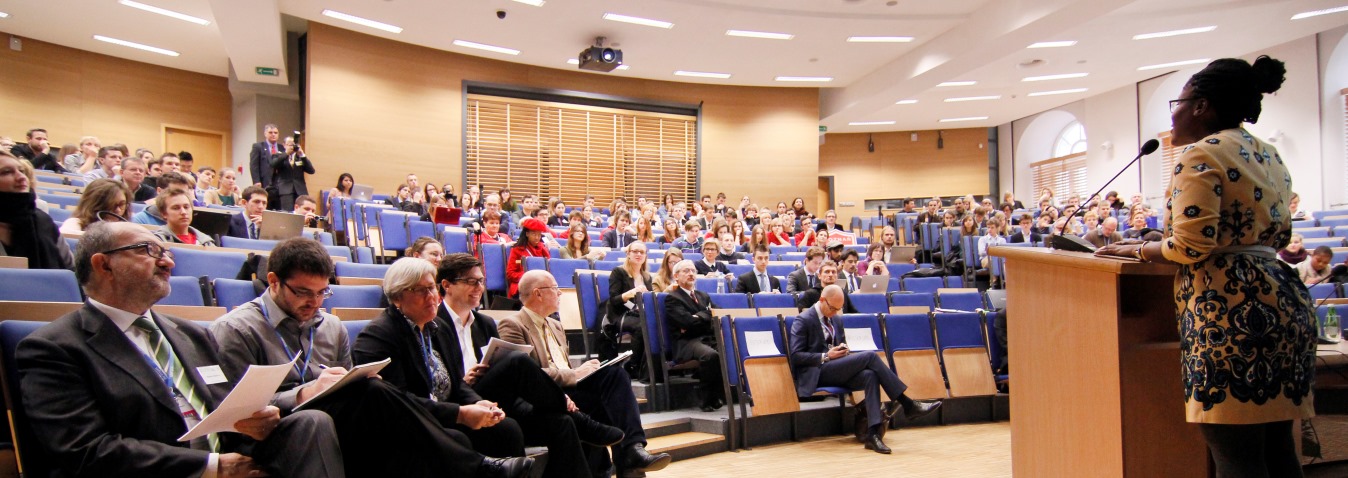
On the 14 November Connect4Climate hosted a live chat on the Guardian Climate Change Hub. The topic was “how to build a global coalition to end climate change” and the outcomes of this are to be used in the Be The Movement workshop tomorrow at the University of Warsaw in parallel to COP19.
World Bank president Jim Yong Kim was quoted as saying: "To deliver bold solutions on climate change, we need to listen to and engage broader and more diverse audiences."
The live chat presented the following guiding questions: What do cross-sectoral coalitions to end climate change actually look like? How do you get the science, politics, humanitarian, development, environment, business and donor communities all singing from the same hymn sheet and working towards the same goals? Who gets to decide what those goals are? In addition, how do you communicate the value of working in coalition?



